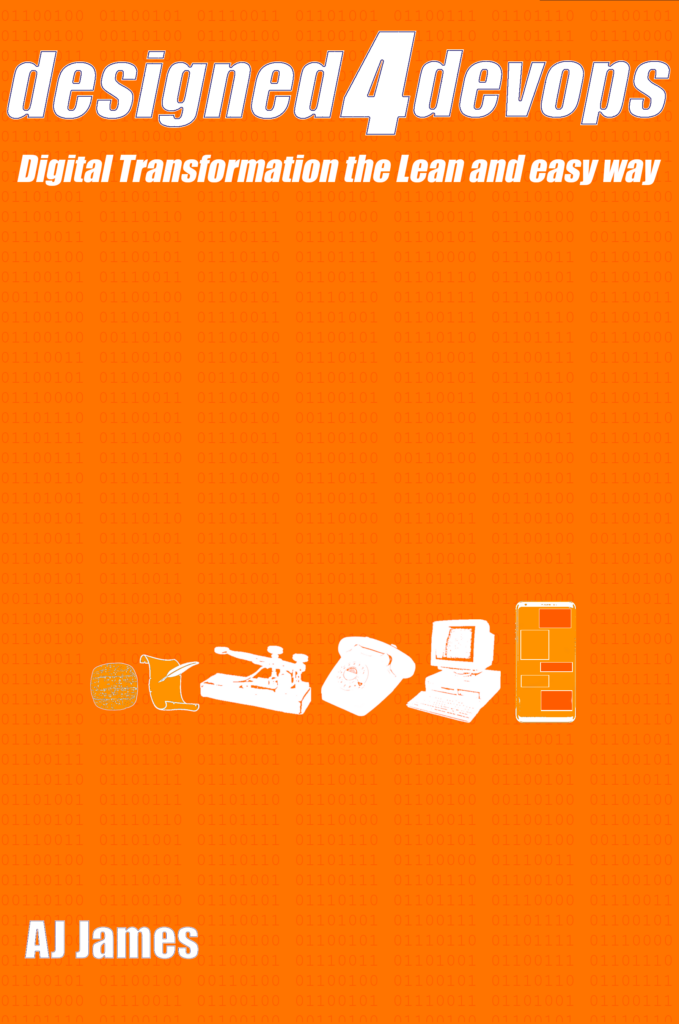In our final installment of Adrian James’ new release ‘designed4devops‘, we take a look at why a ‘high-trust culture’ allows decisions to be made without consequence, without finger-pointing.
An environment where we make no mistakes is one stifled of innovation for fear of it not working. Mistakes are a necessary side-effect of experimentation. We learn more from mistakes than successes.
A considerable part of devops is the culture in which we deliver products. Organisations still operate in a rigid top-down pyramid. Strategy, policy, and instructions get pushed down from a few at the top to many at the bottom. Managers often make decisions without the necessary ‘coalface’ experience of day-to-day operations. At best, this slows progress as communication between one business area must flow up the pyramid and back down to another, even following the same route back. Occasionally it can be downright dangerous as people without operational experience approve or provide oversight to changes (the introduction of ‘novemes’) without the necessary context. It can create a false sense of security in change control but make problems more likely.
When we look for the causes of mistakes, we are not looking for individuals that made them. We are looking for the cultural norms that allow them to happen, such as information and processes which fermented the problem to arise. Individuals do not cause issues. They arise from the culture, processes, and circumstances that led the individual to see the action as a promising idea leading up to it happening. The root cause is rarely, if ever, an individual decision. We need to look for a systemic context that allows issues to surface and then change our practice, policies, automation, and testing to prevent it from happening again.
You can continue reading here.
You can purchase designed4devops through Amazon.
